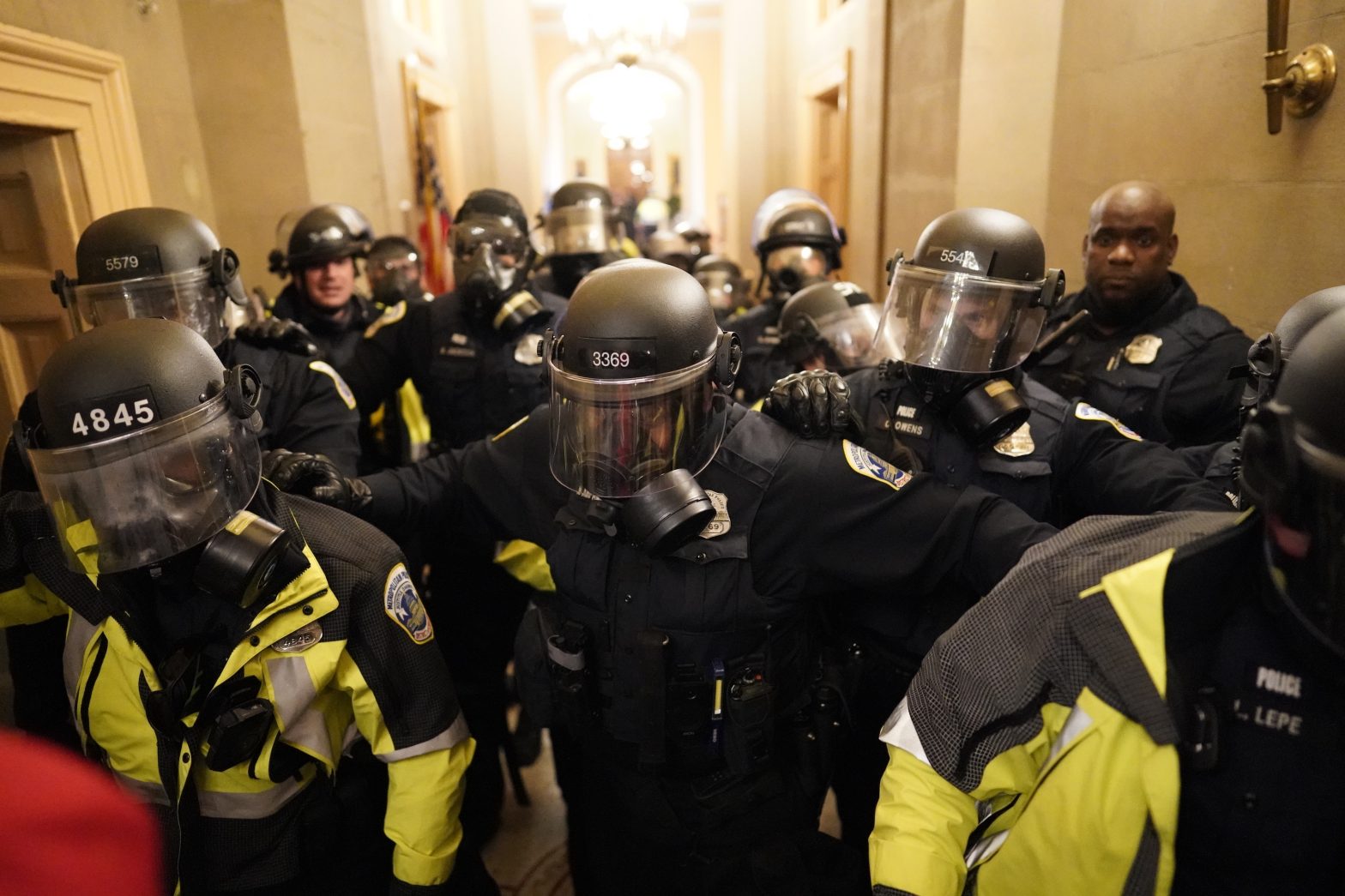So What Now?
COMMENTARY

So what now?
A few things, actually. But before we get to them, we must recognize last week’s insurrectionist rampage at the Capitol for what it was. It is being seen, and not wrongly, as the angry response of delusional right-wingers lied into believing a presidential election was stolen. It is being framed, and not without reason, as the ultimate statement of white privilege; a white mob allowed to ransack the Capitol — virtually none was arrested and some even took selfies with police — in the same city where peaceful protesters asserting that Black Lives Matter were met with military force.
But for all the other things that riot was, it was also an expression of fear — the panic of those who find themselves outnumbered. One cannot overemphasize a simple fact: In only one of the eight presidential elections since 1993 — Bush v. Kerry in 2004 — has the Republican Party won the popular vote. Seven times, the majority of voters have sided with the Democrats. GOP leaders — and the resentful white voters who are their core constituency — understand what this means. They know they’ve lost the debate over LGBTQ rights, immigration, race and all the other issues marking the line between left and right. They realize the nation’s population of angry white people is dwarfed by its rainbow coalition of white, Black, Asian, Hispanic, Islamic, Jewish, LGBTQ and others who demand, in the words of the pledge we learned as children, liberty and justice for all.
This is why Republicans have erected barriers — photo ID laws, voter purges, polling-place closures — to keep Democratic constituencies from voting. And it’s why those thugs felt themselves righteous in attacking the Capitol. To return, then, to the question with which we opened: In the short term, those responsible for security at the Capitol must answer before Congress for the failures of same — and then be relieved of duty. Whatever new measures are required to prevent a repeat of Wednesday’s mayhem must be put into effect with alacrity. One such is obvious: Police must learn to stop automatically coding “white” as somehow less threatening. As this melee proves, that creates a dangerous blind spot.
Meantime, in the slightly longer term, incoming President Joe Biden and his party, while they have control of the White House and Congress, must secure the vote. Nothing except the pandemic should be of higher priority. Pass a new Voting Rights Act (name it for the late Rep. John Lewis) to restore the one the Supreme Court gutted in 2013 and stop state lawmakers from playing politics with people’s most sacred right. Remove from the hands of politicians the power to draw district lines to advantage themselves and disadvantage their opponents — gerrymandering. And by all means, abolish the Electoral College which, as one Washington Post columnist observed, came dangerously close — 73,700 votes across three states — to giving Donald Trump a second term, his shellacking by 7 million votes overall notwithstanding.
These reforms would help our democracy more accurately reflect the people’s will. But there might be a corollary benefit. Shorn of the electoral dirty tricks it has depended upon to remain viable, the GOP might finally be forced to break its thrall to the politics of white resentment and become a party responsive to the needs of all Americans.
We can only hope. But let us also recognize that, for the mob that ran riot last week at the Capitol, our hope is their fear. They know what a rising rainbow tide would do.
Namely, sweep them away like the garbage they are.
©2021 Miami Herald. Distributed by Tribune Content Agency, LLC.























